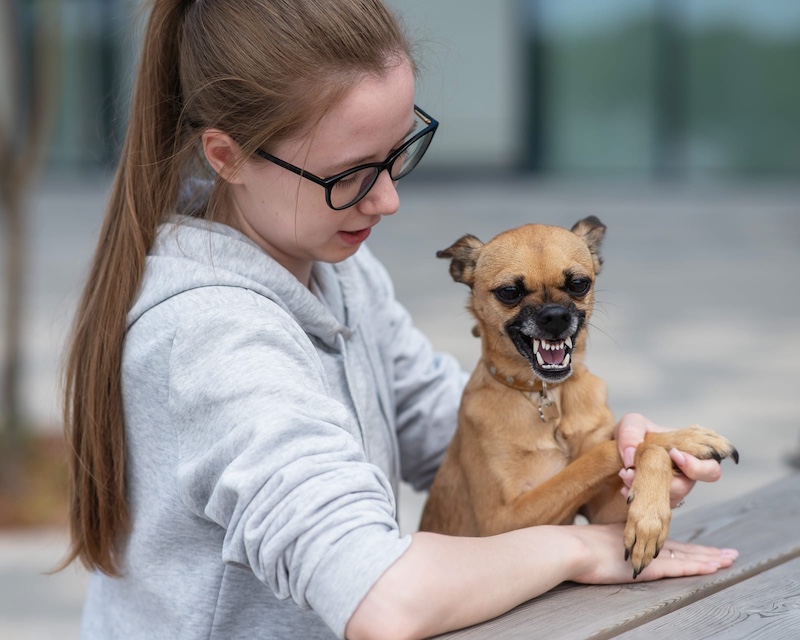While dogs are often known for their loyalty, affection, and companionship, it’s important to remember that any dog, regardless of breed, can bite if provoked or frightened. However, some breeds have gained reputations for being more prone to biting due to their strength, protective instincts, or temperamental tendencies. Read on to explore 10 dog breeds that are statistically more likely to bite, keeping in mind that a dog’s behavior is shaped by many factors, including training, environment, and individual temperament.
1. Chihuahua
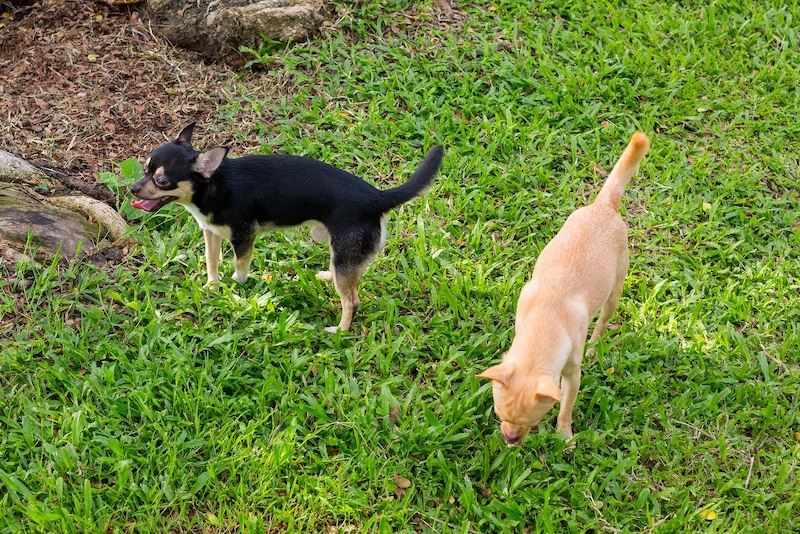
Chihuahuas may be small, but they can have big personalities—and not always in the friendliest way. These tiny dogs are known for their territorial nature and can be quick to snap if they feel threatened. Their size makes them more sensitive to perceived dangers, and they are more likely to bite when feeling cornered or provoked.
2. Dachshund
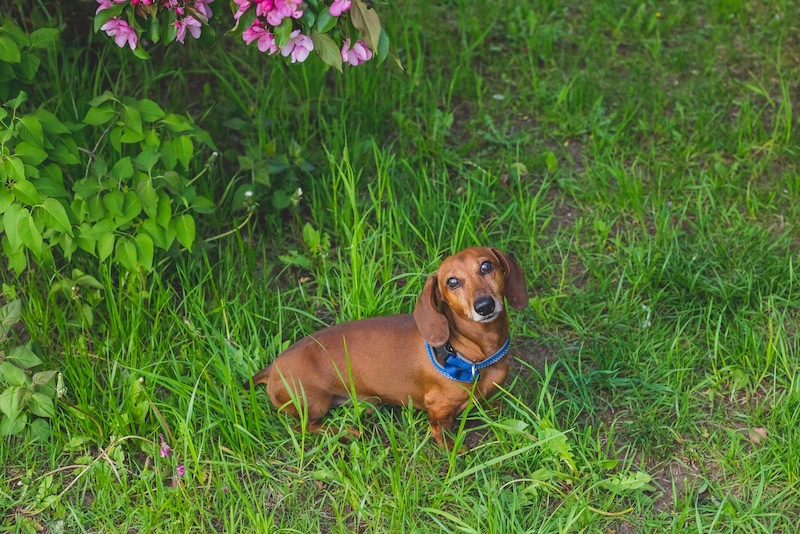
Dachshunds, or “wiener dogs,” are another small breed that can be surprisingly aggressive. Originally bred for hunting, they have a natural prey drive and strong territorial instincts. Dachshunds may bite out of fear or if they feel their territory is being invaded, especially by strangers or other animals.
3. Jack Russell Terrier
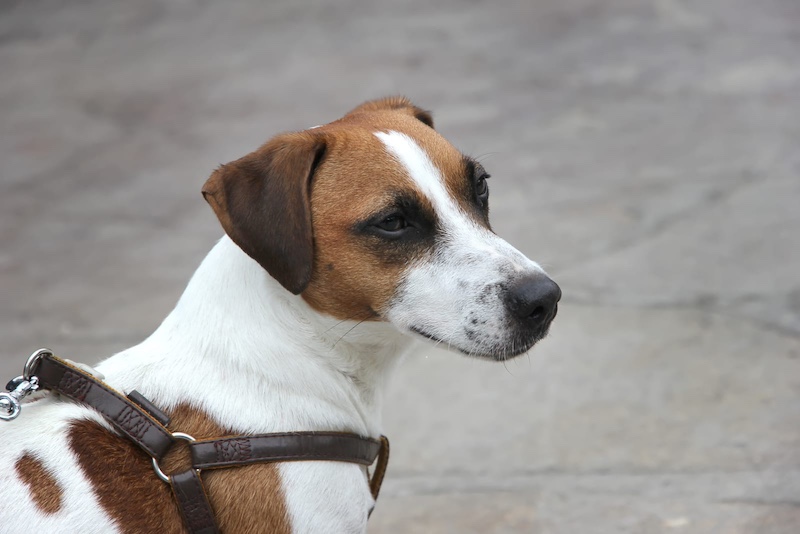
Jack Russell Terriers are energetic and tenacious. While they are great companions for active families, their high energy levels and bold personalities can lead to nipping and biting, particularly when they feel overstimulated or under-exercised. Proper training is essential for keeping their behavior in check.
4. Pit Bull
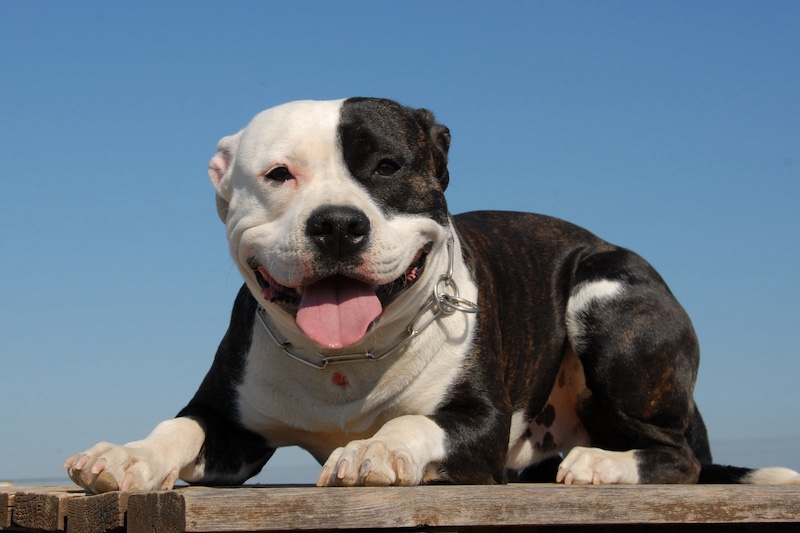
Pit Bulls often make headlines when it comes to biting incidents, which has contributed to their reputation as aggressive dogs. While many Pit Bulls are affectionate and loyal, their powerful jaws and protective instincts can make their bites dangerous if they become aggressive. Poor socialization, mistreatment, or lack of training can increase the likelihood of biting.
5. Rottweiler
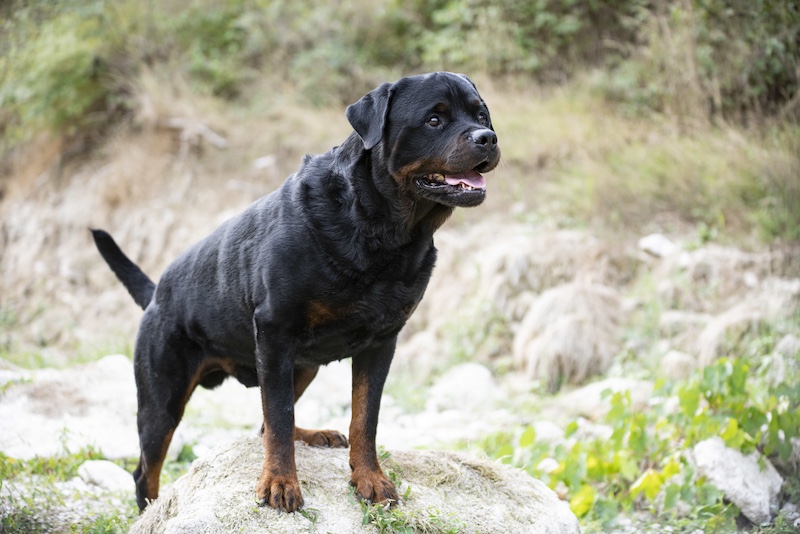
Rottweilers are known for their strength and protective nature. As guard dogs, they are bred to protect their family and property, which can sometimes result in aggressive behavior toward strangers. A Rottweiler that feels threatened or perceives danger may bite as a defensive response. Proper socialization and training are crucial for this breed.
6. German Shepherd
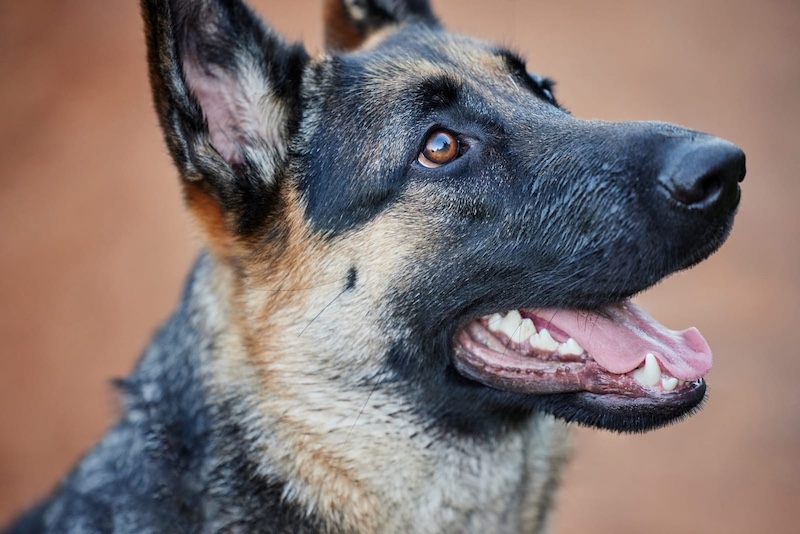
German Shepherds are one of the most popular dog breeds due to their intelligence and loyalty. However, they are also used in police and military roles because of their strength and ability to react quickly to perceived threats. This protective instinct, while useful, can make them prone to biting if they feel their family is in danger or if they are improperly trained.
7. Bulldog

Bulldogs may have a calm demeanor, but they are also known to be stubborn. Their strong build and sometimes territorial nature can lead to biting if they feel threatened or if they are not properly trained and socialized from a young age.
8. Doberman Pinscher
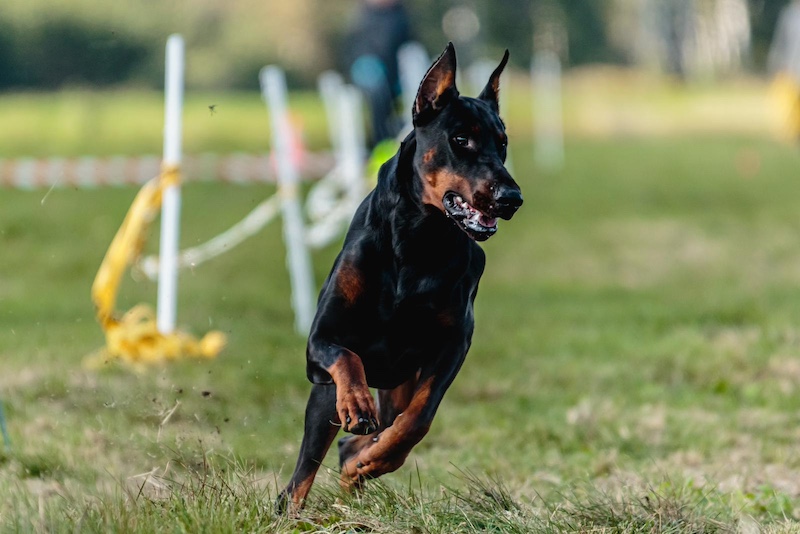
Doberman Pinschers are bred to be guard dogs, which makes them naturally protective. If a Doberman feels that its family or property is being threatened, it may react aggressively. With their strength and agility, a Doberman’s bite can be serious, so early socialization and obedience training are essential.
9. Chow Chow
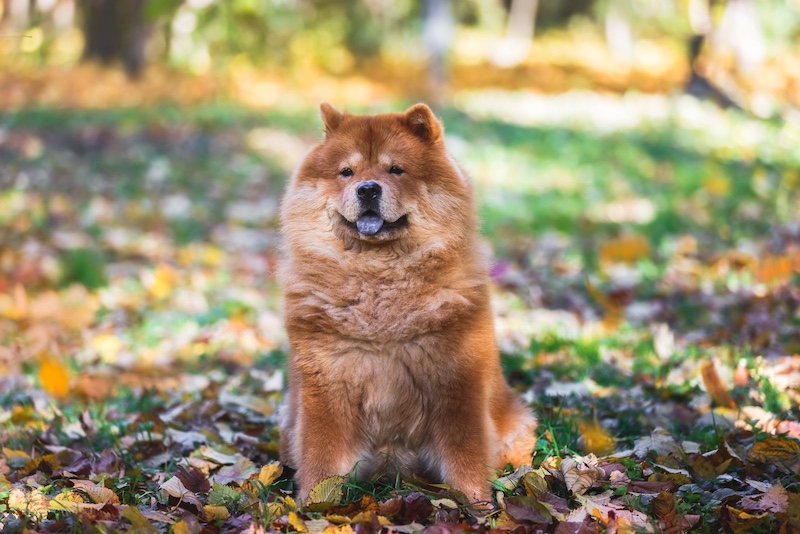
Chow Chows have a distinct appearance and independent personality. They are known for being somewhat aloof and can be very territorial. Because of their natural guarding instincts, Chow Chows may bite if they feel their space or family is in danger. Socialization is key to preventing aggressive behavior in this breed.
10. Cocker Spaniel
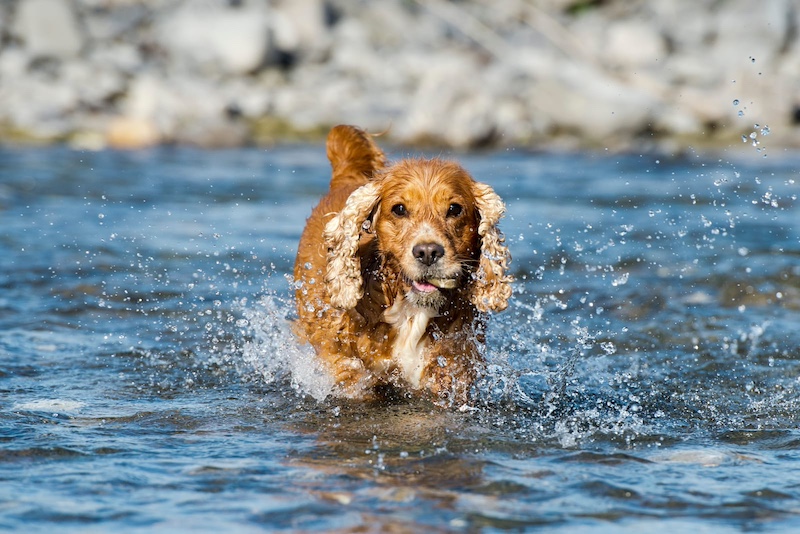
Although they are often thought of as gentle family pets, Cocker Spaniels can become aggressive if they are not properly trained. They are sensitive dogs, and improper handling or a lack of boundaries can lead to defensive biting, particularly in stressful situations. Please Note: This content was created with the assistance of AI and thoroughly edited by a human before publishing.

